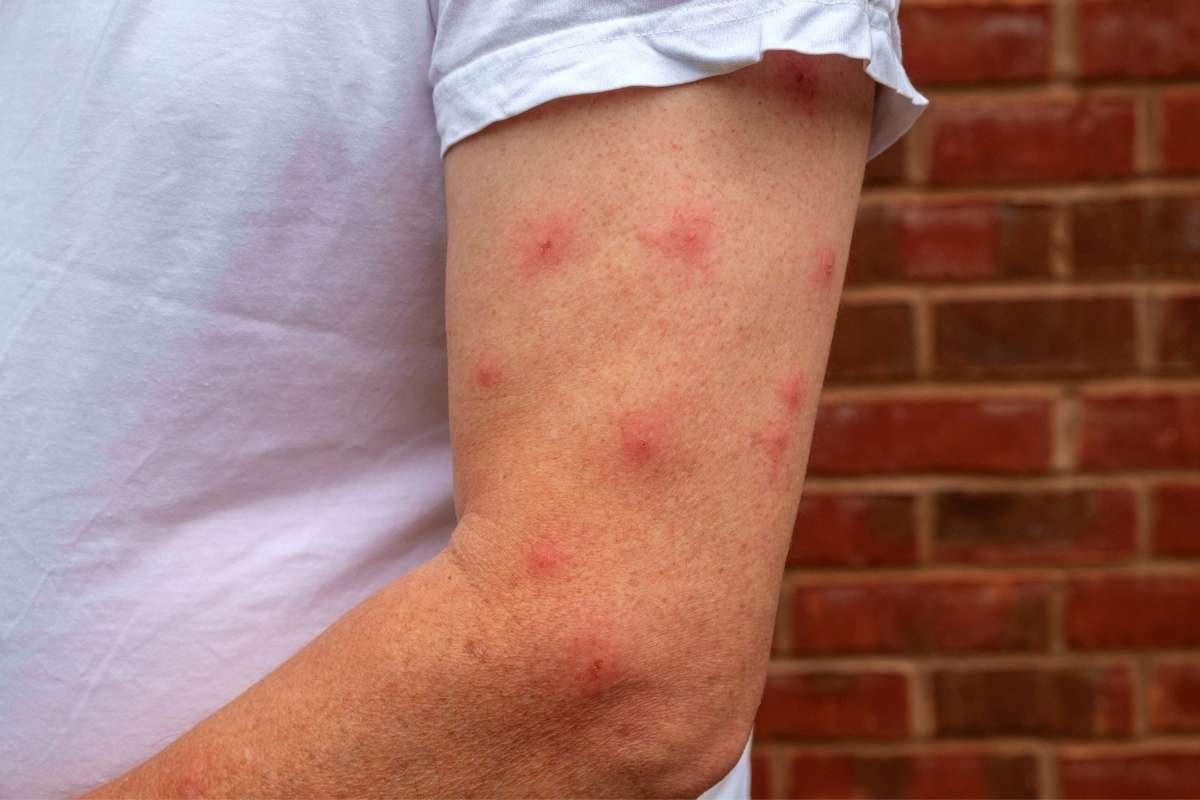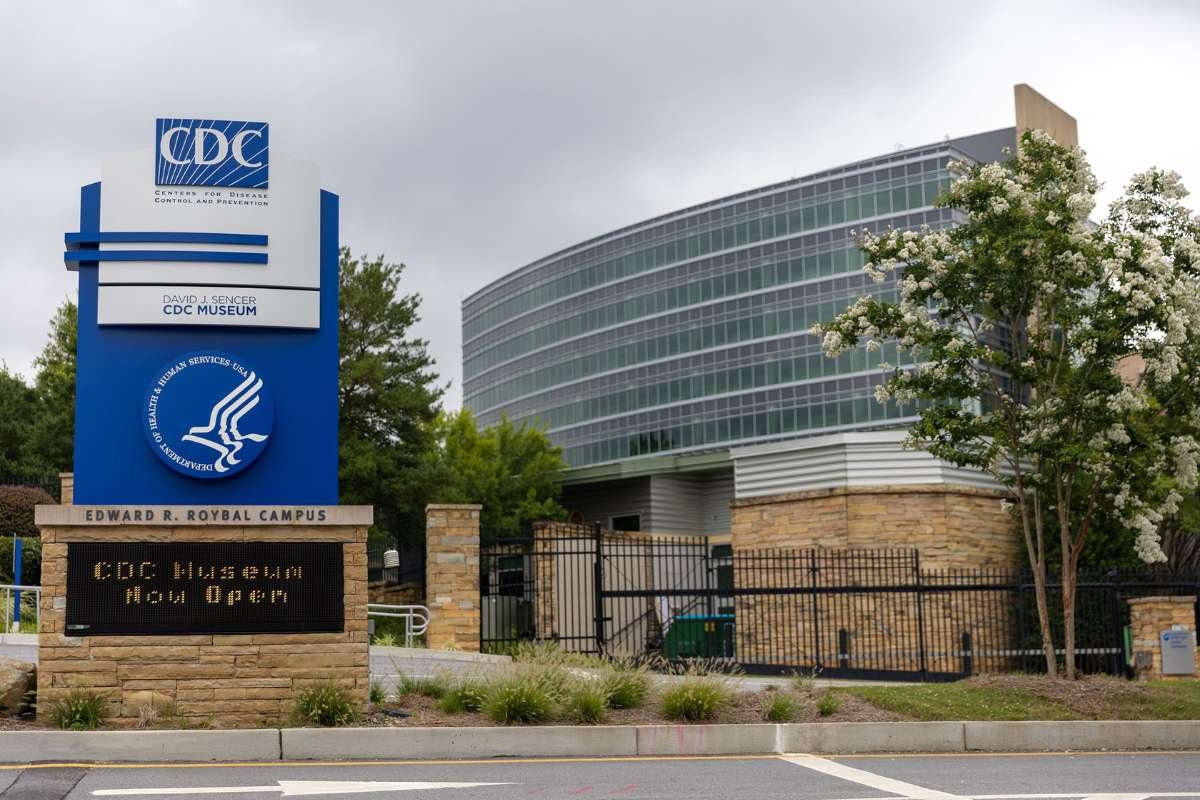Allergies are one of the most common occurrences, and there are millions of people worldwide who at some point in their lives have experienced some sort of allergic reaction. Allergic reactions can range from mild skin irritations to severe, life-threatening anaphylactic shocks. However, it is important to understand the signs and symptoms of these allergic reactions and also know how to treat them properly.
In this comprehensive guide, we will explore different types of allergies, the common triggers, and detailed steps for recognizing and effectively treating allergic reactions.
Table of Contents
Introduction
Understanding Allergies

Allergies occur when the immune system reacts to substances that are usually harmless. These substances, known as allergens, can trigger an allergic response in sensitive individuals. Common allergens include pollen, pet dander, dust mites, certain foods, insect stings, and medications. When an allergic reaction occurs, the immune system releases chemicals like histamine, leading to various symptoms.
Common Allergy Triggers
Allergy triggers vary widely and can be found in the environment, food, medications, and insect venom. Some common triggers include:
- Pollen: A prevalent trigger, especially during the spring and fall.
- Animal Dander: Shed skin cells and hair from pets.
- Dust Mites: Microscopic creatures found in household dust.
- Certain Foods: Common allergens include nuts, shellfish, dairy, and wheat.
- Insect Stings: Bee and wasp stings can provoke allergic reactions.
- Medications: Antibiotics, pain relievers, and other drugs can cause allergic responses.
Types of Allergic Reactions
Allergic reactions can vary in severity, from mild discomfort to life-threatening emergencies. Understanding the different types of allergic reactions is essential for appropriate recognition and treatment.
Skin Allergies
Skin allergies manifest as redness, itching, hives, or eczema. Common skin allergens include insect bites, poison ivy, and certain fabrics.
Respiratory Allergies
Respiratory allergies result in sneezing, coughing, congestion, and wheezing. Pollen, dust, and pet dander are typical triggers.
Food Allergies
Food allergies can lead to symptoms ranging from stomach upset to anaphylaxis. Common food allergens include peanuts, shellfish, and eggs.
Insect Sting Allergies
Insect stings from bees, wasps, or hornets can cause localized or systemic allergic reactions.
Medication Allergies
Some individuals are allergic to specific medications, which can result in rashes, swelling, or anaphylaxis.
Anaphylaxis
Anaphylaxis is a severe, life-threatening allergic reaction that can affect the whole body. It requires immediate medical attention.
Recognizing Allergic Reactions
Signs and Symptoms
Recognizing allergic reactions begins with understanding their signs and symptoms. Symptoms can range from mild to severe and may include:
- Skin reactions: Redness, itching, hives, or swelling.
- Respiratory symptoms: Sneezing, coughing, wheezing, or shortness of breath.
- Gastrointestinal issues: Nausea, vomiting, abdominal pain, or diarrhea.
- Anaphylaxis: Difficulty breathing, swelling of the face or throat, a drop in blood pressure, rapid pulse, and loss of consciousness.
Triggers and Causes
Identifying the trigger or cause of an allergic reaction is essential for preventing future episodes. Common triggers include specific foods, medications, insect stings, and environmental allergens. Paying attention to the timing and context of the reaction can help pinpoint the cause.
Treatment for Allergic Reactions

Mild Allergic Reactions
Mild allergic reactions, such as localized skin irritation or mild congestion, can often be managed at home. Here are some steps to take:
- Remove the Trigger: If you know the allergen, try to remove it from your environment or avoid contact.
- Over-the-counter Medications: Antihistamines can help relieve symptoms like itching and sneezing.
- Topical Treatments: For skin reactions, applying calamine lotion or a cold compress can provide relief.
- Stay Hydrated: Drinking water can help flush allergens from your system.
Severe Allergic Reactions
Severe allergic reactions, such as anaphylaxis, demand immediate medical attention. If someone is experiencing anaphylaxis, follow these steps:
- Call 911: Emergency medical services should be contacted immediately.
- Administer Epinephrine: If the individual has an epinephrine auto-injector, use it as directed.
- Lay the Person Down: Place the person flat on their back and elevate their legs if possible.
- Loosen Tight Clothing: Ensure there are no constricting clothing items, such as belts, around the person’s neck.
Preventing Allergic Reactions
Allergen Avoidance
The most effective way to prevent allergic reactions is to avoid allergens whenever possible. This may include:
- Keeping a clean and allergen-free home environment.
- Reading food labels carefully to identify potential allergens.
- Wear protective clothing, like long sleeves and pants, when outdoors to prevent insect stings.
- Following the prescribed medication regimen and notifying healthcare providers of known medication allergies.
Allergy Testing
For individuals with frequent or severe allergies, allergy testing can help identify specific allergens. This may include skin prick tests or blood tests to determine allergen sensitivities.
Immunotherapy
In some cases, allergen immunotherapy, commonly known as allergy shots, may be recommended by an allergist. This treatment involves gradually exposing the individual to increasing amounts of allergens to desensitize the immune system over time.
Managing Allergies in Daily Life
Allergen-Free Living
Creating an allergen-free living environment is crucial for individuals with allergies. This may include:
- Use allergen-proof covers for pillows and mattresses.
- Implementing air purifiers to reduce airborne allergens.
- Regular cleaning to remove dust, pet dander, and other allergens.
Emergency Action Plans
Individuals with severe allergies, especially anaphylaxis-prone allergies, should have an emergency action plan. This plan includes steps to follow during an allergic reaction, including the use of epinephrine auto-injectors.
Communicating About Allergies
Effective communication about allergies is essential, whether it’s between a patient and healthcare provider, within a family, or in a school or workplace setting. Here are some key aspects of effective communication about allergies:
Medical Alert Bracelets
Individuals with severe allergies, particularly to foods or medications, may benefit from wearing medical alert bracelets. These bracelets provide essential information to first responders in case of an emergency.
Informing Healthcare Providers
Patients should always inform their healthcare providers about their allergies. This includes mentioning any known medication allergies to prevent adverse reactions during medical treatment.
Schools and Workplaces

Children and adults with allergies should communicate their condition to teachers, school nurses, and employers. Allergic individuals should be aware of any allergens present in the school or workplace environment and take precautions accordingly.
Travel and Dining
When dining out or traveling, individuals with food allergies should communicate their dietary restrictions to restaurant staff or airline personnel. It’s also wise to carry safe snacks or meals when uncertain about allergen-free options.
Emergency Contacts
Ensure that family members, close friends, and caregivers know about an individual’s allergies and are trained in recognizing and responding to allergic reactions. Sharing an emergency action plan with them is beneficial.
Conclusion
Even though they are common, allergic reactions are still a pretty prevalent health concern. Effectively recognizing, treating and managing these allergic reactions is important to maintain the overall well-being of the individuals who continually experience them. Be it managing the mild reactions at home, identifying the many severe reactions that may require immediate medical attention, or even preventing allergies through allergen avoidance, one should have the knowledge and awareness about allergies.
By promoting allergen-free living, getting proper allergy testing, considering allergen immunotherapy, and ensuring effective communication about allergies, individuals and their caregivers can create safer environments and reduce the risk of allergic reactions. With the right measures in place, individuals can confidently navigate life while effectively recognizing and treating allergic reactions when they occur. Always remember that in cases of severe allergic reactions, seeking immediate medical assistance is paramount for a successful outcome.
Also Read: 9 Great Peanut Butter Substitutes for People with Allergies









